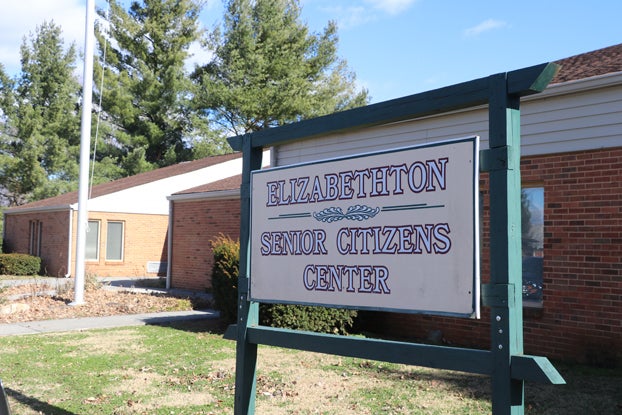Local children make presentation spotlighting drug overdoses in county
Published 5:20 pm Thursday, January 18, 2018

- Star Photo/Curtis Carden Children involved with Carter County Drug Prevention Coalition recently came up with a project of placing 12 houses in the windows of the facility. The initative was created to raise awareness for drug overdose deaths in the county.
Combating the struggles of addiction is a constant battle, and some area youth are doing their part to raise awareness about the issue.
Individuals making their way through downtown Elizabethton will now notice a presentation in the windows of the Carter County Drug Prevention Coalition headquarters.
To help combat drug abuse locally, children involved with the organization recently created 12 houses, which are used to symbolize the 12 families in Carter County that lost their lives to drug overdose, according to statistics compiled by the Tennessee Department of Health.
“Our data from 2015 shows that we had 12 families in this county that lost someone to an overdose within that year,” said CCDP director Jilian Reece. “That is not including non-fatal overdoses or overdoses that were ruled as another cause of death. We know that number is probably higher, but I still thought it was important to think about those 12 houses that are missing someone because of the crisis we have in our region and the kids thought that way, too.”
The state unveiled a way to help raise awareness during October for the issue of drug abuse by offering a new Drug Overdose Database, detailing update numbers on overdoses and prescriptions in each county.
According to information comprised by the TDH, Carter County, with a population of 56,502, saw 84,485 painkillers prescribed to citizens (1,495 for every 1,000 individuals) in 2016 while 19 residents lost their lives to drug overdose.
Information for the county showed from 2012-16 indicated all drug overdose deaths rose from 10 to 19 over a five-year period while opioid overdoses grew from five in 2012 to double digits, 14, last year.
The houses, which are placed at the bottom of the windows at CCDP, are also accompanied by statistics from the state for residents to view as they pass by.
Whether it’s tackling drug or substance abuse, Reece said she appreciated the effort put forth by the children involved with CCDP.
“I also think it is important for the kids to remember why we do the work we do in the community,” she said about their effort with the recent project. “Their work in prevention is so important to stopping this from happening.”




